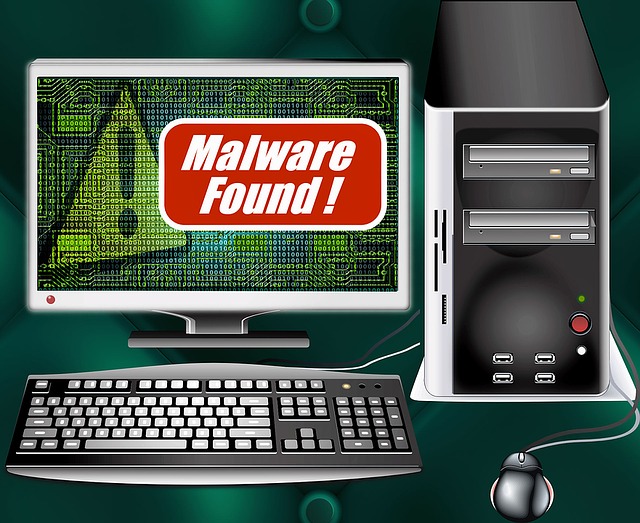An Overview of Threats to Your Digital Life
As technology has become an increasingly integral part of our daily lives, so too has the threat of computer malware.
From viruses and worms to spyware and ransomware, this type of software is designed to cause harm to your device or steal personal information.
In this blog, we’ll explore what computer malware is, the different types of threats, and how you can protect your digital life.
What is Computer Malware?
Computer malware, short for malicious software, is any software that is intentionally designed to cause harm or damage to a computer system.
This can include a wide range of malicious programs, from viruses and worms to spyware, adware, and ransomware.
The purpose of computer malware can vary, with some designed to steal personal information such as passwords, bank account numbers, and credit card information.
Other forms of malware may be used to hijack a computer’s resources, such as its CPU or memory, in order to launch distributed denial-of-service (DDoS) attacks against other computers or networks.
Types of Computer Malware
Viruses: A virus is a type of malware that infects a computer and then replicates itself to other computers on the network.
This type of malware is typically spread through infected email attachments, shared files, and malicious websites.
Worms:
A worm is similar to a virus, but it is designed to spread from one computer to another without the need for human intervention.
This type of malware can cause a great deal of damage to a network as it replicates itself and spreads quickly.
Spyware:
Spyware is a type of malware that is designed to collect information from a computer without the user’s knowledge or consent.
This can include keystrokes, passwords, and other sensitive information.
Adware:
Adware is a type of software that is designed to display advertisements on a computer.
This type of malware can be annoying, but it is typically not as harmful as other types of malware.
Ransomware:
Ransomware is a type of malware that encrypts a user’s files and demands a ransom in exchange for the decryption key.
This type of malware can cause significant damage, as it can result in the loss of important data and files.
How to Protect Yourself from Computer Malware
There are several steps you can take to protect yourself from computer malware:
1. Keep your software up-to-date:
Regular software updates can help protect your computer from vulnerabilities that could be exploited by malware.
2. Use anti-virus software:
Anti-virus software is designed to detect and remove malware from your computer.
Make sure to use reputable software and keep it updated regularly.
3. Be cautious when downloading files:
Only download files from trusted sources and avoid clicking on links or downloading attachments from unknown or suspicious emails.
4. Use a pop-up blocker:
Pop-up ads can be a common source of malware.
By using a pop-up blocker, you can reduce the risk of infecting your computer with malware.
5. Enable firewalls:
A firewall can help protect your computer from malware by blocking unauthorized access to your computer from the internet.
6. Regularly back up your data:
In the event of a malware infection, having a backup of your data can help you quickly recover your files.
Conclusion
Computer malware is a growing threat in our digital world, with new threats emerging all the time.
By taking steps to protect yourself, such as keeping your software up-to-date, using anti-virus software, and being cautious when downloading files, you can reduce the risk of falling victim to a malware attack.
Remember to regularly back up your data, enable firewalls, and use a pop-up blocker to stay one step ahead of cybercriminals.
With the right tools and a little bit of caution, you can protect your digital life and keep your computer safe from malware.
